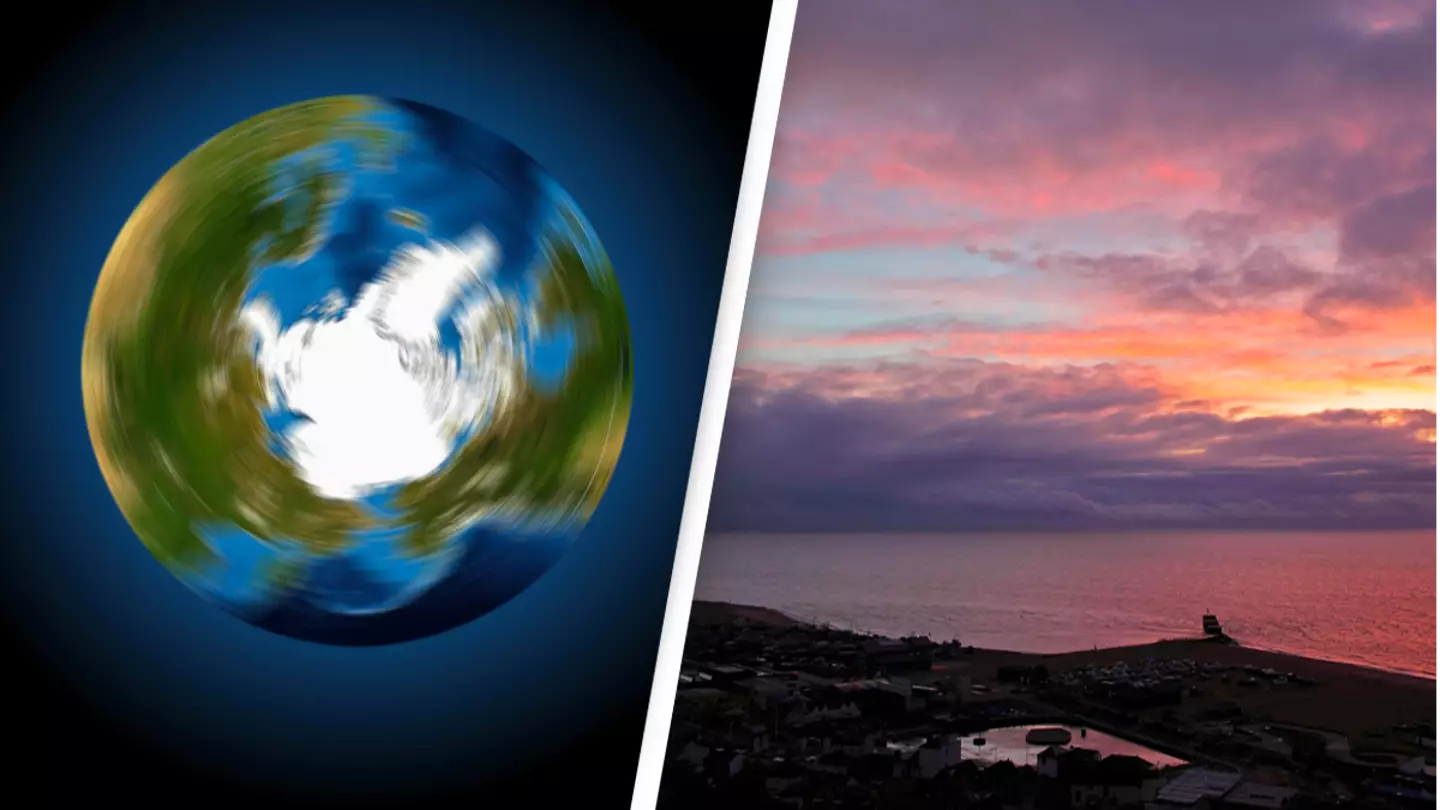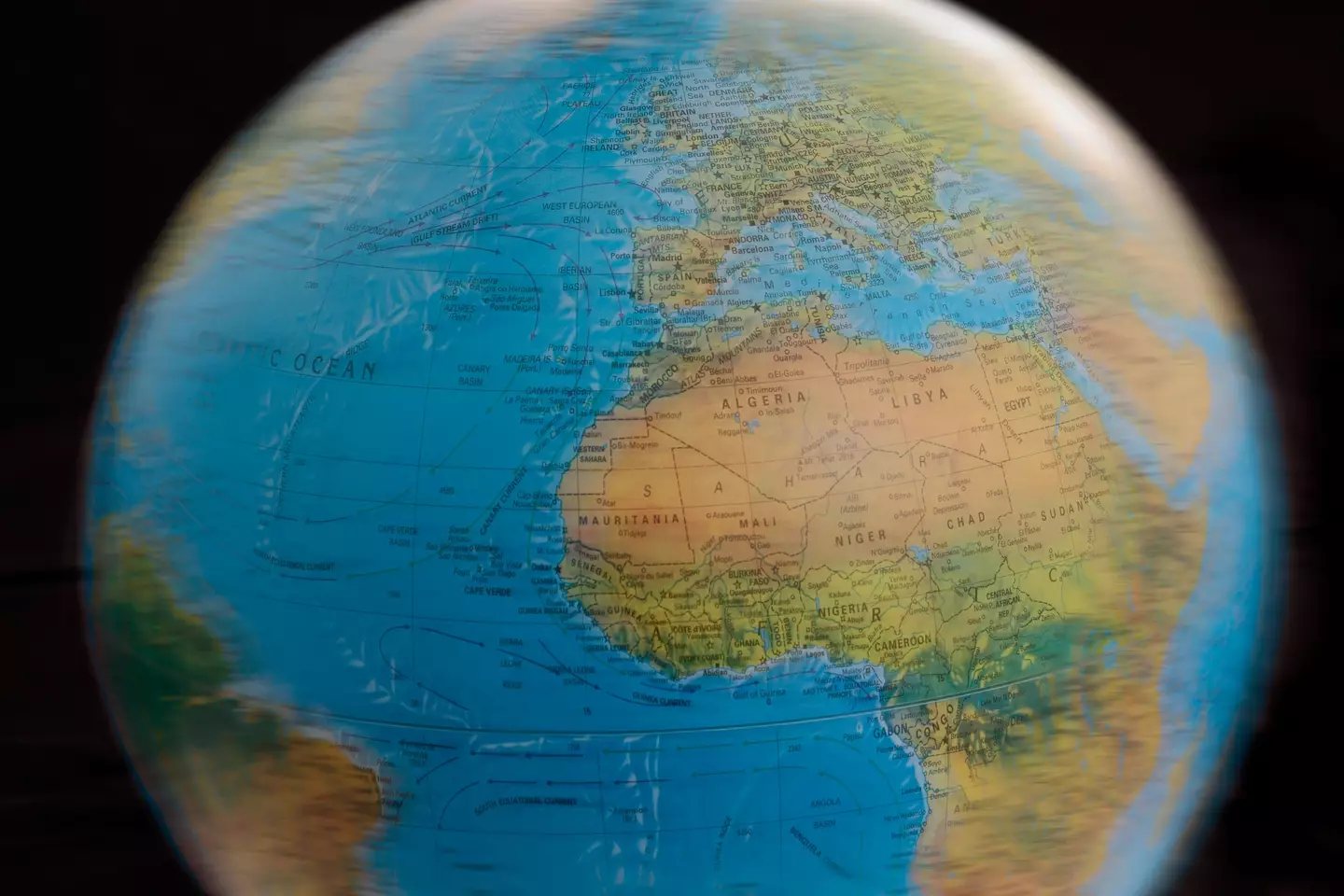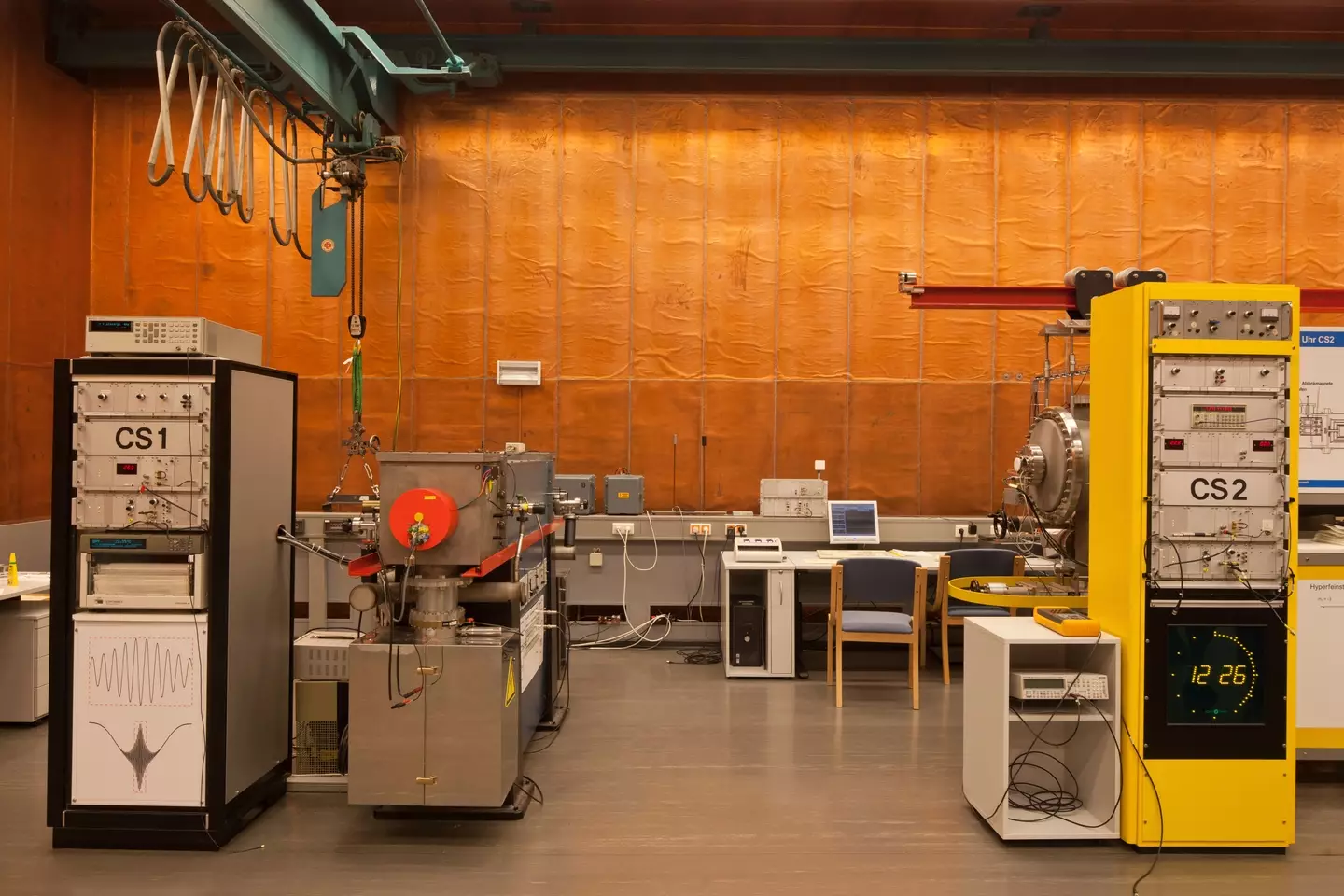
Planet Earth has recorded its shortest day since scientists began using atomic clocks to measure the speed of its rotation.
Earth’s time systems can prove fairly baffling for anyone who doesn’t have a PhD in Horology, as we learnt the hard way trying to figure out why the clocks were going forward as a child – only understanding that we were being dragged out of bed for school an hour earlier than the week before.
But the plot thickens further still, as Earth is actually spinning faster than it used to and recently recorded a time that was the fastest scientists had ever seen.
On 29 June 2022, Earth completed one spin in 1.59 milliseconds less than its usual 24-hour rotation, in turn setting the record for the shortest day – and the latest in a series of speed records for our planet since 2020.
Advert
And it came pretty close again more recently, having completed the spin in 1.5 milliseconds shorter than 24 hours.

Scientists began taking accurate daily measurements of the Earth’s rotation in the 1960s, using atomic clocks. These work by using resonance frequencies of atom to monitor time with extreme precision.
Since then, experts have found that - while there are fluctuations - Earth has been speeding up in recent years, with 2020 seeing 28 shortest days since the 1960s.
The shortest day that year was on 19 July, when the Earth span 1.47 milliseconds less than 24 hours.
According to Time and Date, the current downward trend in the length of the shortest day could be linked to Earth’s ‘inner or outer layers, oceans, tides, or even climate’, but scientists remain unsure.
At the forthcoming annual meeting of the Asia Oceania Geosciences Society, which takes place next week, Leonid Zotov and colleagues Christian Bizouard and Nikolay Sidorenkov will argue that the decrease may be related to the ‘Chandler wobble’, the term given to a small and irregular movement of the geographical poles across the surface of the globe.

“The normal amplitude of the Chandler wobble is about three to four meters at Earth’s surface,” Zotov told Time and Date, adding: “But from 2017 to 2020 it disappeared.”
As for whether or not the days will continue to get shorter, nobody really knows.
“I think there’s a 70 percent chance we’re at the minimum, and we won’t need a negative leap second,” Zotov said.
If you have a story you want to tell, send it to UNILAD via [email protected]
Topics: Science, World News